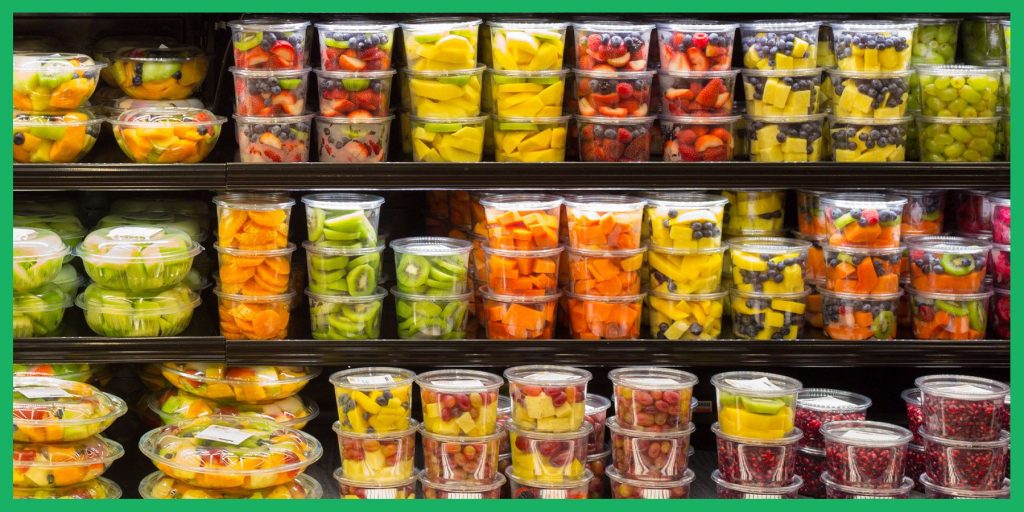In the dynamic world of consumer goods, two terms frequently encountered are "retail" and "FMCG" (Fast-Moving Consumer Goods). While they may seem interchangeable at first glance, a closer examination reveals distinct differences between these two sectors. This article aims to elucidate the disparities, shedding light on their unique characteristics, market dynamics, and operational intricacies.
- Defining Retail and FMCG:
Retail: Retail refers to the process of selling goods or services directly to consumers through various channels, such as physical stores, e-commerce platforms, or mobile applications. It encompasses a wide range of products, including clothing, electronics, home appliances, and more.
FMCG: FMCG, on the other hand, represents a specific category within the retail industry. It comprises fast-moving consumer goods, which are non-durable items with a relatively low shelf life. Examples include food and beverages, personal care products, household cleaning items, and toiletries.
- Market Dynamics:
Retail: The retail sector is vast and diverse, encompassing both brick-and-mortar stores and online platforms. It involves a wide array of products, catering to various consumer needs and preferences. Retailers often focus on creating unique shopping experiences, building brand loyalty, and optimizing supply chains to ensure product availability.
FMCG: FMCG, being a subset of retail, operates within a distinct market segment. These goods are characterized by high consumer demand, frequent purchases, and relatively low price points. FMCG companies often engage in intense competition, employing strategies like aggressive marketing, product innovation, and efficient distribution networks to gain market share.
- Supply Chain and Distribution:
Retail: Retailers manage complex supply chains, involving multiple stakeholders such as manufacturers, distributors, and logistics providers. They strive to ensure a seamless flow of products from suppliers to stores or customers. Inventory management, demand forecasting, and efficient logistics are crucial aspects of retail operations.
FMCG: FMCG companies face unique supply chain challenges due to the perishable nature of their products. They must maintain optimal inventory levels, minimize wastage, and ensure timely replenishment to meet consumer demands. Close collaboration with suppliers, efficient warehousing, and distribution networks are vital for FMCG success.
- Consumer Behavior and Marketing Strategies:
Retail: Understanding consumer behavior is essential for retailers to tailor their offerings and marketing strategies. They analyze customer demographics, preferences, and purchase patterns to create personalized experiences. Retailers often employ various marketing techniques, such as loyalty programs, discounts, and targeted advertising, to attract and retain customers.
FMCG: FMCG companies focus on building brand loyalty and generating repeat purchases. They invest heavily in advertising, both traditional and digital, to create brand awareness and influence consumer choices. FMCG marketing strategies often revolve around product differentiation, competitive pricing, and promotional campaigns to capture market share.
Conclusion:
While retail and FMCG are interconnected, they represent distinct segments within the consumer goods industry. Retail encompasses a broader spectrum of products and channels, while FMCG specifically refers to fast-moving, non-durable goods. Understanding the disparities between these sectors is crucial for businesses operating within or targeting these markets. By recognizing the unique dynamics, supply chain intricacies, and consumer behavior patterns, companies can develop effective strategies to thrive in the ever-evolving world of consumer goods.

